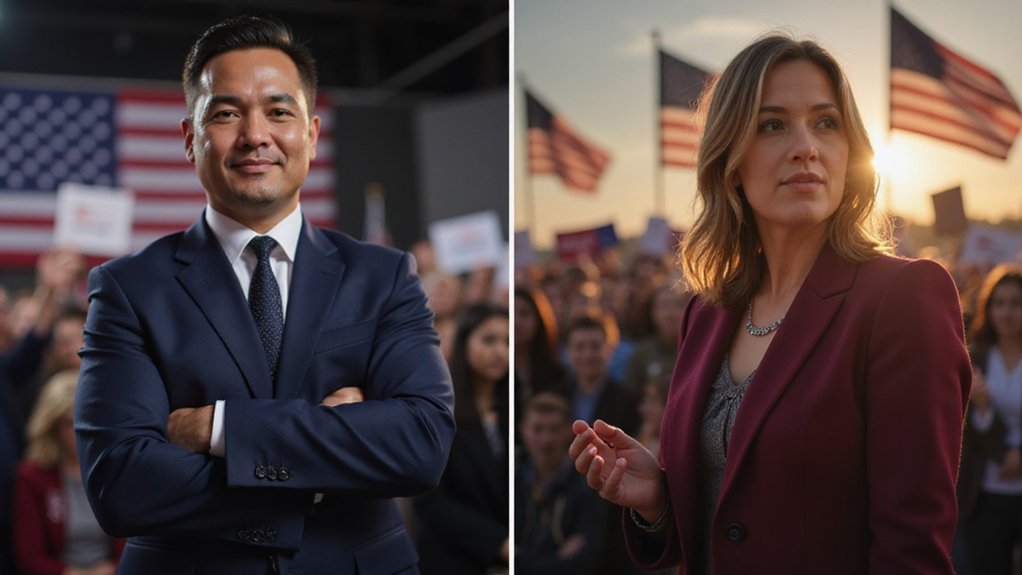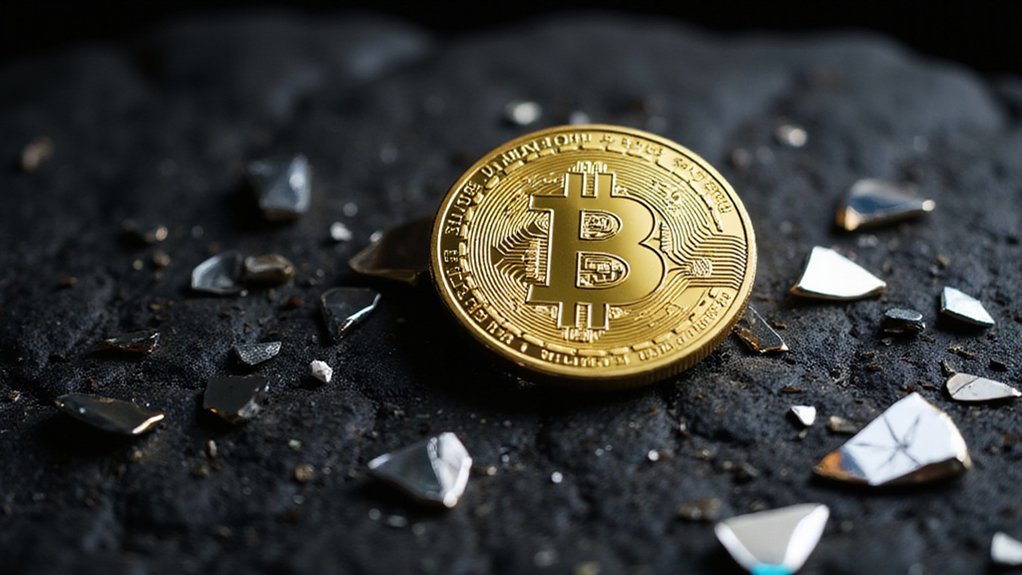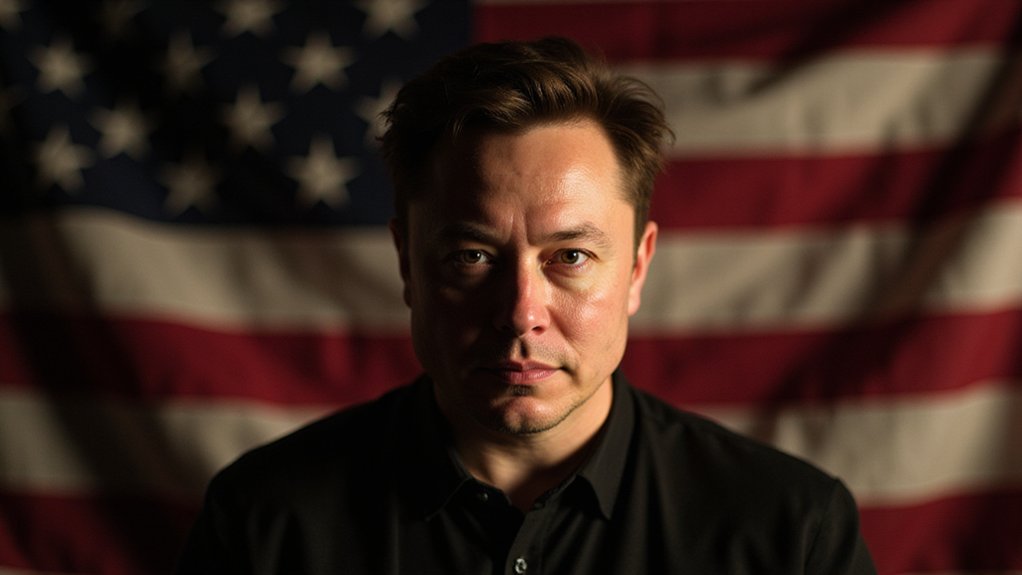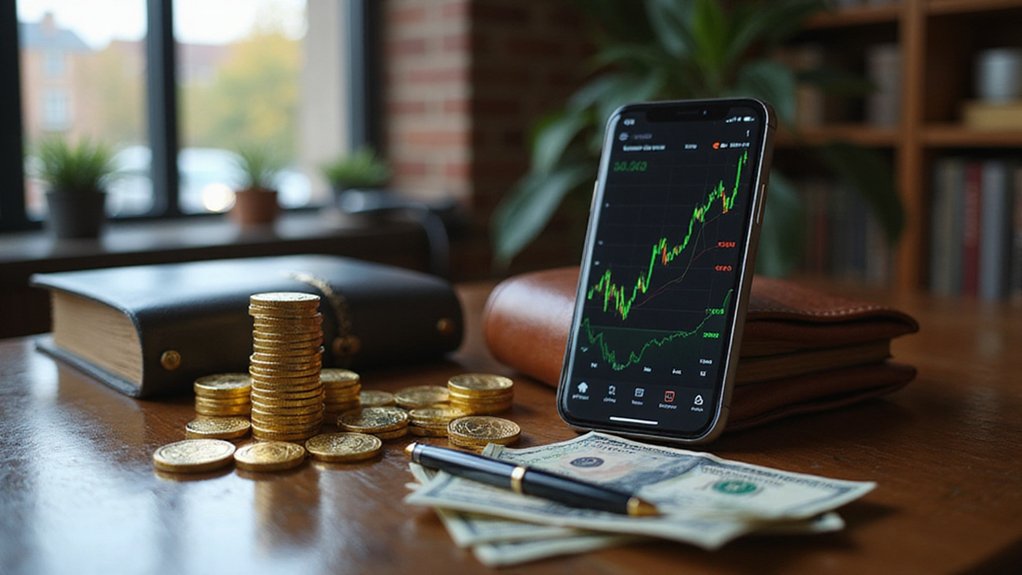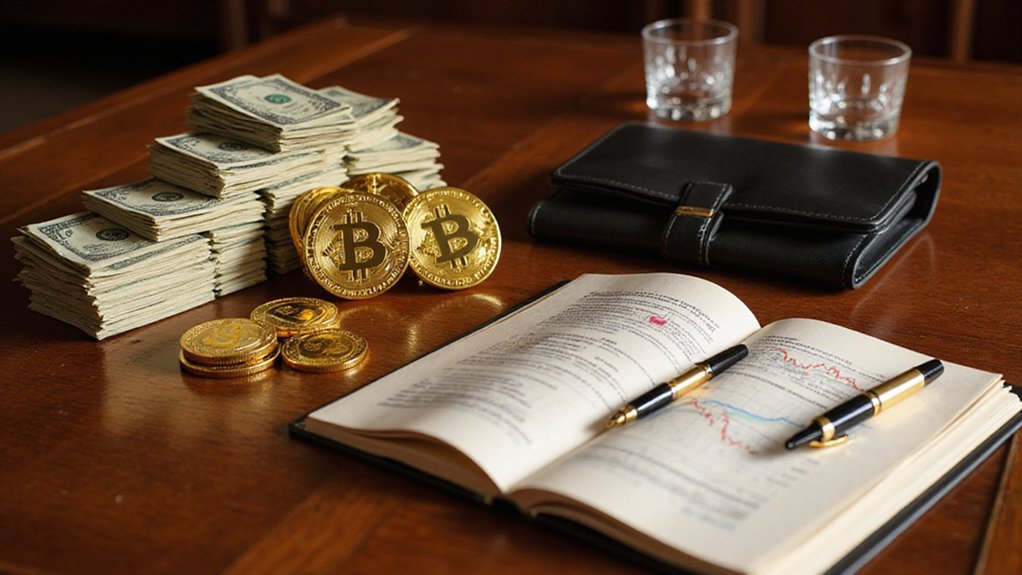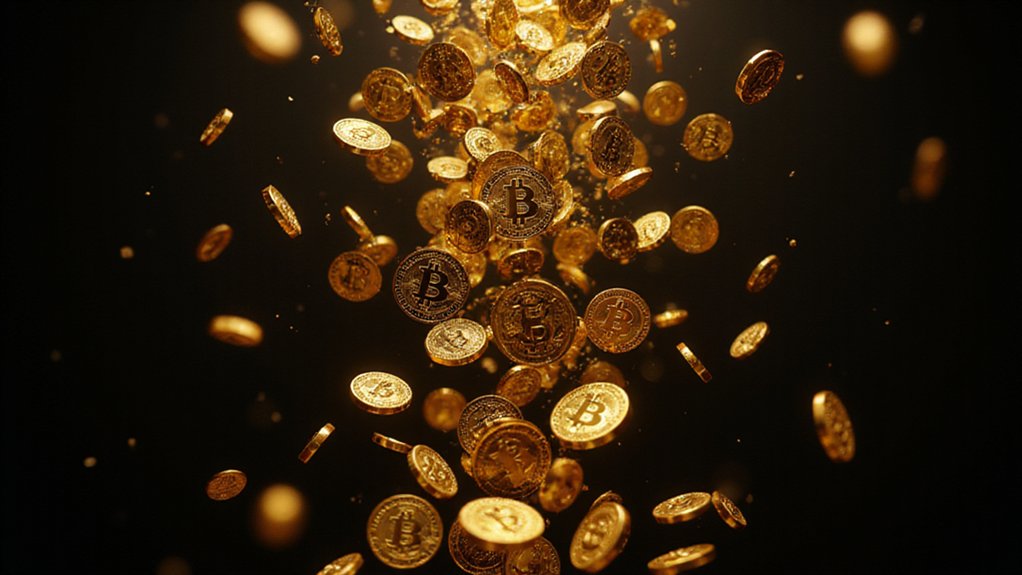How does a former professional wrestler turned Hollywood action star find himself positioned as a more viable Democratic presidential candidate than a former Vice President? The answer lies in the peculiar mathematics of prediction markets, where Dwayne “The Rock” Johnson currently commands 6-7% odds for securing the 2028 Democratic nomination—edging past Kamala Harris‘s 5% in a development that would have seemed absurd mere decades ago.
Betting markets, those curious barometers of collective wisdom (or folly), have allocated over $450,000 in volume to Johnson’s candidacy speculation. This represents genuine capital deployment, not merely idle chatter—investors are literally putting money behind the proposition that a man whose political experience consists primarily of Instagram inspirational posts could outperform a former senator and vice president in securing America’s oldest political party’s nomination. Much like how stablecoin market cap reflects genuine investor confidence in digital currencies through billions in actual capital commitments, these political betting markets demonstrate real financial conviction behind seemingly improbable candidates.
When genuine capital flows toward celebrity speculation over seasoned political credentials, markets reveal democracy’s evolving—or devolving—relationship with fame.
The odds positioning reflects a fascinating market psychology where celebrity novelty apparently trumps traditional political credentials. While Johnson sits in mid-tier territory compared to frontrunners Gavin Newsom (31%) and Alexandria Ocasio-Cortez (11%), his placement above Harris suggests betting markets view established political careers as potentially more liability than asset in contemporary Democratic politics. Polymarket provides current betting odds that track these fluctuating candidate valuations in real time.
Harris’s recent movement from 3% to 6% in some markets still leaves her trailing Johnson’s surge, which some platforms report as three times more likely than figures like Tim Walz. The irony isn’t lost: a candidate who has never held office polls better than someone who spent four years one heartbeat from the presidency.
Social media reactions have ranged from satirical comparisons to “Idiocracy” to genuine speculation about potential running mates (Kevin Hart, naturally). A viral tweet announcing Johnson’s odds surge generated over 500,000 views, indicating substantial public engagement with this political curiosity. Johnson previously revealed that political parties had directly contacted him about running for office during past election cycles.
Johnson leads a surprisingly robust celebrity contingent that includes Stephen A. Smith (2%), Mark Cuban (2%), and LeBron James (1%)—a roster suggesting that in 2028’s anticipated political landscape, fame may constitute its own form of electoral currency.
Whether this represents democratic evolution or devolution remains an open question for both markets and voters to determine.
